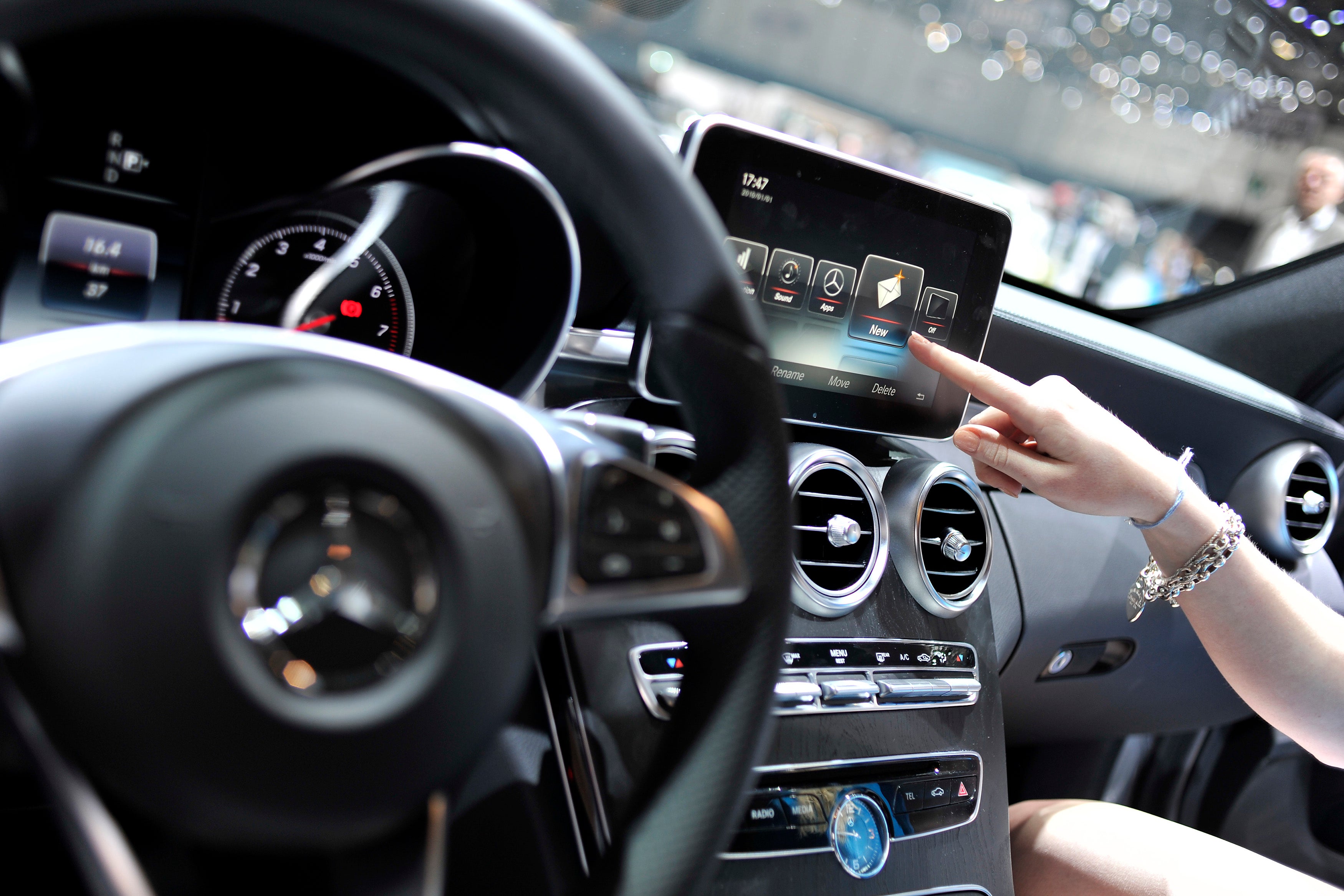People are getting less happy with their cars for the first time – and it is tech’s fault, research says

People are getting less happy with their cars – and it appears to be the fault of new technology and design innovations, according to landmark research.
Customer satisfaction is falling with people pointing to a range of issues including the exterior design of the car. But particular frustration is with infotainment systems, with people turning away from them as ways of listening to music and get around.
Only 56 per cent of car owners prefer to use their car’s in-built system to play audio, for instance, down from 70 per cent in 2020. Less than half of car owners prefer to use integrated systems for functions like phone calls, voice recognition and navigation.
Instead, users are presumably using external systems such as their phones. In recent years, technologies such as Apple CarPlay and Android Auto have made it possible to mirror those screens, rather than use the built-in and often complicated software provided by car manufacturers.
That is according to the US Automotive Performance, Execution and Layout (APEAL) study, run by JD Power. It is the first time in the 28 year history of the study that customer satisfaction has fallen two years in a row – and could point to a range of issues in the car market.
Satisfaction is counted on a 1000-point scale. This year, it was measured at 845, which was down two points from last year, and three points from the year before.
“The decline in consecutive years might look small, but it’s an indicator that larger issues may lie under the surface,” said Frank Hanley, senior director of auto benchmarking at JD Power, in a statement.
“Despite the technology and design innovations that manufacturers put into new vehicles, owners are lukewarm about them. While innovations like charging pads, vehicle apps and advanced audio features should enhance an owner’s experience, this is not the case when problems are experienced.
“This downward trajectory of satisfaction should be a warning sign to manufacturers that they need to better understand what owners really want in their new vehicles.”
The survey also found a decline in satisfaction with some tech focused car companies. Tesla remains one of the higher performing brands but saw its score at 878, down nine points from last year, when the company was first included in the study.
The study was based on almost 85,000 owners of new cars who were surveyed after owning the vehicle for 90 days. It ran between February and May of this year.
Join our commenting forum
Join thought-provoking conversations, follow other Independent readers and see their replies
Comments
Bookmark popover
Removed from bookmarks